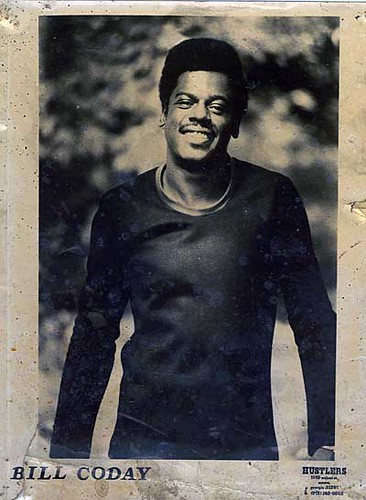“You probably don’t doubt that the origins of rock and roll are bawdy in nature. You’ve read Gershon Legman and his fellow travelers to take note. You know why Scheherazade was not killed by the king.
[Youtube=http://www.youtube.com/watch?v=UlALQf3fahM]
Yet you don’t know American record label Federal Records and their 1951 “Sixty Minute Man“[1], on which a male singer boasts of being able to satisfy his girls with fifteen minutes each of “kissin'” “teasin'” and “squeezin'”, before “blowin'” his “top.” The single reached #1[2] on the R&B chart in May 1951 and stayed there for a 14 weeks. “Sixty Minute” defined what was to become rock and roll which has always been about wine, women and song. —The bawdy origins of rock and roll, Sholem Stein, Cincinnati, Ohio, 1998, in a Pleasantville review.”
Note by the editor: “Big Long Slidin’ Thing” is another example in the category “dirty blues,” an often-overlooked category in rock and roll historiography.
[Youtube=http://www.youtube.com/watch?v=YTyMuxTyfiI]
“Sixty Minute Man,” “Big Long Slidin’ Thing“[3] and “Number One” (the Patrice Rushen song, which I managed to sneak in by footnote) are WMC #72, 73 and 74.


